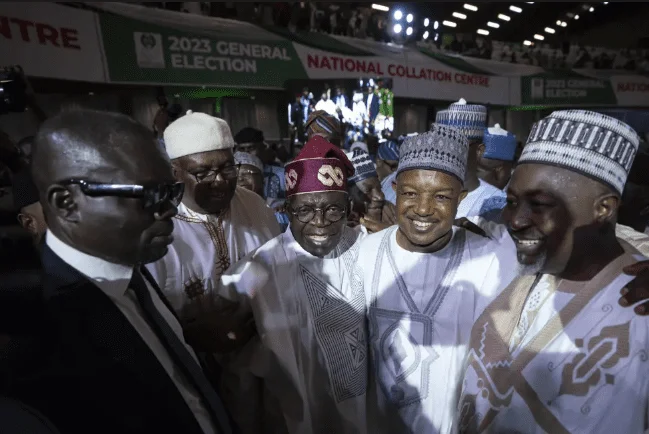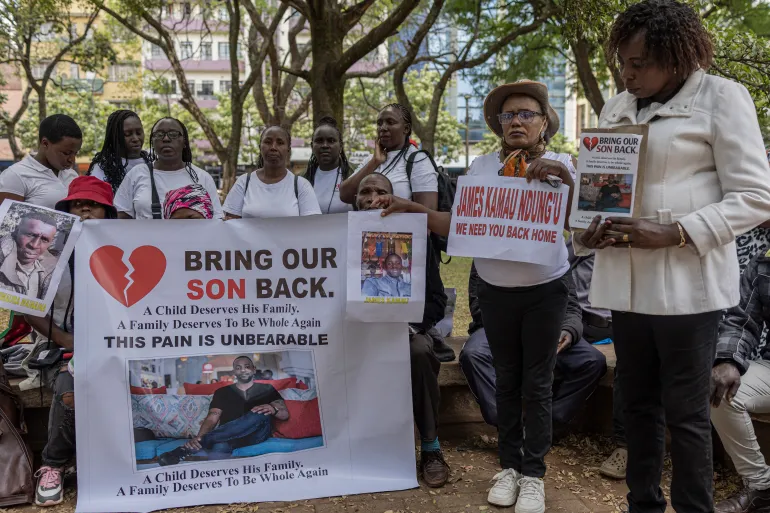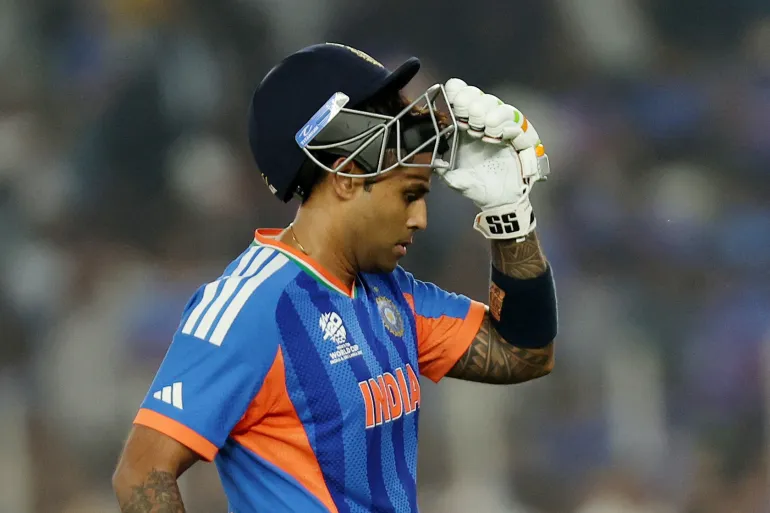Six Nigerian states have withdrawn a legal challenge that sought to nullify the results of the recently concluded presidential election. The case, which was brought before the Supreme Court, was the latest in a series of disputes surrounding the ruling party’s victory.
These states, led by governors from the main opposition party, had accused the Independent National Electoral Commission (INEC) of not following its own regulations and electoral laws during the election. According to court documents, the opposition argued that election results from the 176,000 polling units were supposed to be transmitted to INEC’s online portal, which they claim did not happen.
However, on Friday night, the states—Sokoto, Adamawa, Bayelsa, Akwa Ibom, Delta, and Edo—abruptly withdrew their case. They did not provide any explanation for this decision.
Bola Tinubu, the candidate from the ruling party, was declared the winner with 37% of the vote. However, the results are being contested by other candidates, including Atiku Abubakar, who finished second, and Peter Obi, who came in third. These candidates have stated their intention to challenge the election outcome in court.
The withdrawn lawsuit had sought to have the Supreme Court declare the election results “invalid, null, and void.” Nigeria’s electoral law stipulates that an election can only be annulled if it is proven that INEC did not follow the law in a way that could have affected the result. Historically, no presidential election result in Nigeria has ever been overturned by the Supreme Court.
What made this case particularly interesting, according to legal experts, was the claim that the voting results were not transmitted to the INEC portal as required. Inibehe Effiong, a lawyer based in Abuja, noted that this non-compliance could undermine the credibility of the entire election process.
In a separate development, the Supreme Court extended the deadline for the government to complete the transition from old to new banknotes until the end of the year. The currency swap had led to a severe cash shortage, causing long lines at banks, business closures, and even violence in some areas. The court ruled that the implementation of the program violated the law and ordered that the old 200 naira, 500 naira, and 1,000 naira notes remain legal tender until December 31. The Central Bank of Nigeria has yet to comment on the court’s directive, though it has previously been accused of ignoring court orders.
The Supreme Court’s decision to extend the deadline for the currency swap comes amid a nationwide cash crisis that has deeply affected daily life in Nigeria. The transition to redesigned banknotes was meant to curb counterfeiting and reduce the amount of cash in circulation, but it instead led to widespread shortages of the new notes. As a result, Nigerians faced long queues at banks, disruptions to businesses, and, in some cases, outbreaks of violence as people struggled to access cash.
The court’s ruling emphasized that the Central Bank of Nigeria (CBN) had mishandled the implementation of the currency swap. The seven-member panel of justices determined that the old 200, 500, and 1,000 naira notes should continue to be accepted as legal tender until the end of the year, giving the government more time to ensure a smoother transition to the new notes.
This decision was a relief to many Nigerians who rely heavily on cash transactions, especially in rural areas where access to banking services is limited. The ruling also highlighted concerns over the CBN’s approach to the currency change, as it had been criticized for failing to provide adequate amounts of the new banknotes to meet demand.
However, the CBN has not yet issued a response to the Supreme Court’s directive. This has raised concerns that the central bank might not fully comply with the court’s order, as it has previously been accused of ignoring judicial decisions. The situation remains tense, with many Nigerians waiting to see how the CBN will handle the extended deadline and whether the cash shortage will be alleviated.
As for the withdrawn lawsuit challenging the presidential election results, its sudden discontinuance has left many questions unanswered. The opposition governors had initially expressed strong dissatisfaction with the way the election was conducted, particularly regarding the alleged failure to transmit results to the INEC portal. Despite this, their decision to pull back from the legal battle without explanation has sparked speculation about possible behind-the-scenes negotiations or other factors influencing their choice.
Meanwhile, the president-elect, Bola Tinubu, continues to prepare for his inauguration, though the ongoing legal challenges from other opposition candidates could still pose hurdles. As Nigeria moves forward, both the electoral dispute and the currency crisis are likely to remain key issues in the country’s political and economic landscape.























